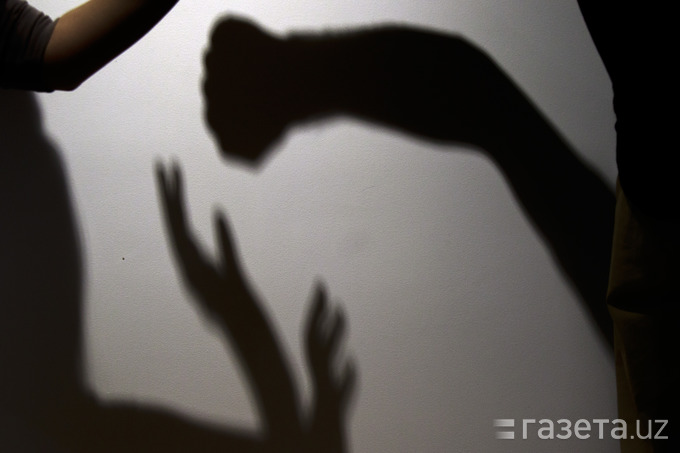The Senate of the Oliy Majlis of Uzbekistan approved amendments to laws aimed at strengthening protection from domestic violence against children at a session on 20 September.
The law was drafted based on recommendations from the World Bank to improve the effectiveness of measures to prevent harassment and violence against children and women.
Despite progress over the past years, problems in protection against domestic violence still remain, chairperson of the Senate’s Committee for women and gender equality Malika Kadirkhanova said.
“Not only adults, but also children are exposed to family (domestic) violence. However, under the current provisions of the Administrative Liability Code and the Criminal Code, the list of victims of domestic violence is limited to spouses, former spouses, individuals living together in a household, or persons with a common child. Children have not been included,” Kadirkhanova noted.
As a result, she explained, law enforcement faces difficulties in categorizing criminal cases involving children who are subjected to domestic violence.
To address this, article 59−2 of the Administrative Liability Code and article 126−1 of the Criminal Code are being amended to establish specific liability for acts of domestic violence committed against a child.
According to the World Health Organization, one in three women worldwide experiences physical harassment from a spouse. In 38% of cases, fatalities due to harassment and violence are caused by the spouse or a person living together.
In Uzbekistan, 55.6%, or 506 out of 894 domestic violence crimes recorded between 2023 and May 2024 were stopped due to reconciliation of the sides. In the remaining 44.4%, or 388 cases, sentences were handed down by the courts.
The new law also introduces a provision for submitting a mediation request during the court proceedings stage in cases of domestic violence, rather than during the investigation or preliminary inquiry stage.
This means that a request for mediation in family (domestic) violence cases can be made at any stage of the court proceedings, but before the court retires to the deliberation room.
“Why is this necessary? At the investigation stage, reconciliation between a couple often leads to the accused not feeling the inevitability of punishment, resulting in repeated violence within a year,” Malika Kadirkhanova said.
The law aims to eliminate “inappropriate, one-sided and superficial” approaches to domestic violence and reduce the number of such cases, the head of the Senate Tanzila Narbayeva said.
In April 2023, the law protecting the rights and freedoms of women and children was adopted. For the first time, it criminalized domestic violence and introduced sanctions for sexual harassment.
The amendments were introduced thanks to a year-long collaborative effort between representatives of ministries, non-governmental and international organizations, as well as civil activists, including representatives from the Nemolchi.uz (project against violence).
Now offenders face a maximum fine of up to 20 basic calculation units (approximately $590) or administrative detention for up to 15 days, with a maximum prison sentence of up to 12 years for domestic violence offenses.







